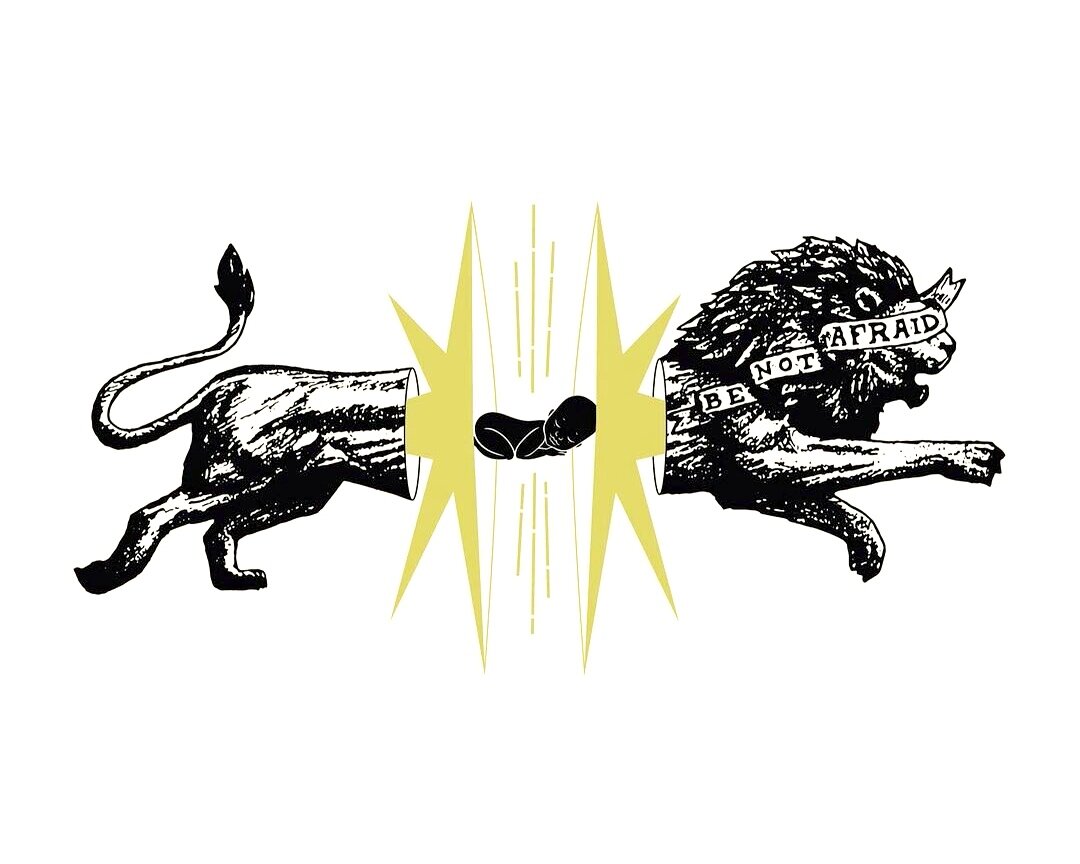Week 4 | Love
By this point in our Advent season, you may be tired. Maybe even a little bored. The traditions and the candles and the to-do lists and the shopping and the cleaning and the cooking and the cleaning after the cooking and that one song that you’re certain you’ve heard eighty million times that annoyingly gets stuck in your head and just when you think you’ve gotten it out, you hear it again and it’s right back in there running its circular track somewhere near your hippocampus. It’s all gotten a little too familiar.
And familiarity can be a helpful tool. Navigating the world would be immeasurably more difficult if we didn’t develop those shortcut stories that our brains use to tell us, “That’s my friend Josh from the coffee shop,” or “This is a safe route I’ve walked on before,” or “When the flame is on, the pan on the stove gets hot, and I should not touch it.”
But familiarity kills wonder. And perhaps we’ve gotten so familiar with certain seasonal mechanics in our celebration of Christmas that we’ve begun to lose the wonder of its essence.
If you have even the slightest familiarity with the gospel, you already know that the center of this whole story is love. God is love. God loves us. We exist to love God and love others.
And when you think about it, that is absolutely bonkers. It’s wonderful.
So I invite you to join me in an imaginative space of wonder. To discover that Jesus, love incarnate, is present, not just in the manger or on the cross or in His future coming to restore and redeem all of creation, but also in the present moment. With us. With me. With you.
And may we in turn recognize that our presence in this place, in this city, in this very moment, is for the purpose of receiving that Love and reflecting it back out in others-focused self-giving ways. That the reality of God dwelling among us, moving into the neighborhood, moves us beyond familiarity to the wonder of participation in that active sacrificial expression of love in the world.
— Kala
Historical Reading
“Love is contrasted with wrath and indignation, and by it all bitterness is expelled from our hearts. Love is full of the sweetest fruits. What Paul started to say in the previous chapter he now develops more fully, so whoever made the chapter divisions in Ephesians got it wrong here. Paul encourages us to love by giving us the example of God and Christ. By the Holy Spirit we have been made children of God, and it is characteristic of children that they follow the behavior of their father. The Father is love and declared his great love toward us when he sent his Son to die for us. With the same degree of love, the Son voluntarily embraced us, and following the will of his Father, he gave himself up to the punishment of the cross. Therefore if the Son and the Father loved us that much, it is only right that we should love one another equally strongly.”
— Heinrich Bullinger, Commentary on Ephesians (16th Century)
Prayer
O Lord, let your grace and your love do for us what fear of your terrors alone cannot.
Melt our hearts by that nobler principle, and teach us to despise everything that would displease you.
Let our hearts respond with the same kind of compassion that motivated you, Jesus, to serve the poor.
And whenever we do make mistakes, let us err on the side of compassion—a love that would never harm the worst sinner—much less the least and weakest of God’s servants.
We consecrate our lives to you, Lord, even to death. We will not then feel the bitterness of death half so much, when our hearts are ablaze with a zeal for your glory.
Amen.
— Philip Doddridge (18th Century)






